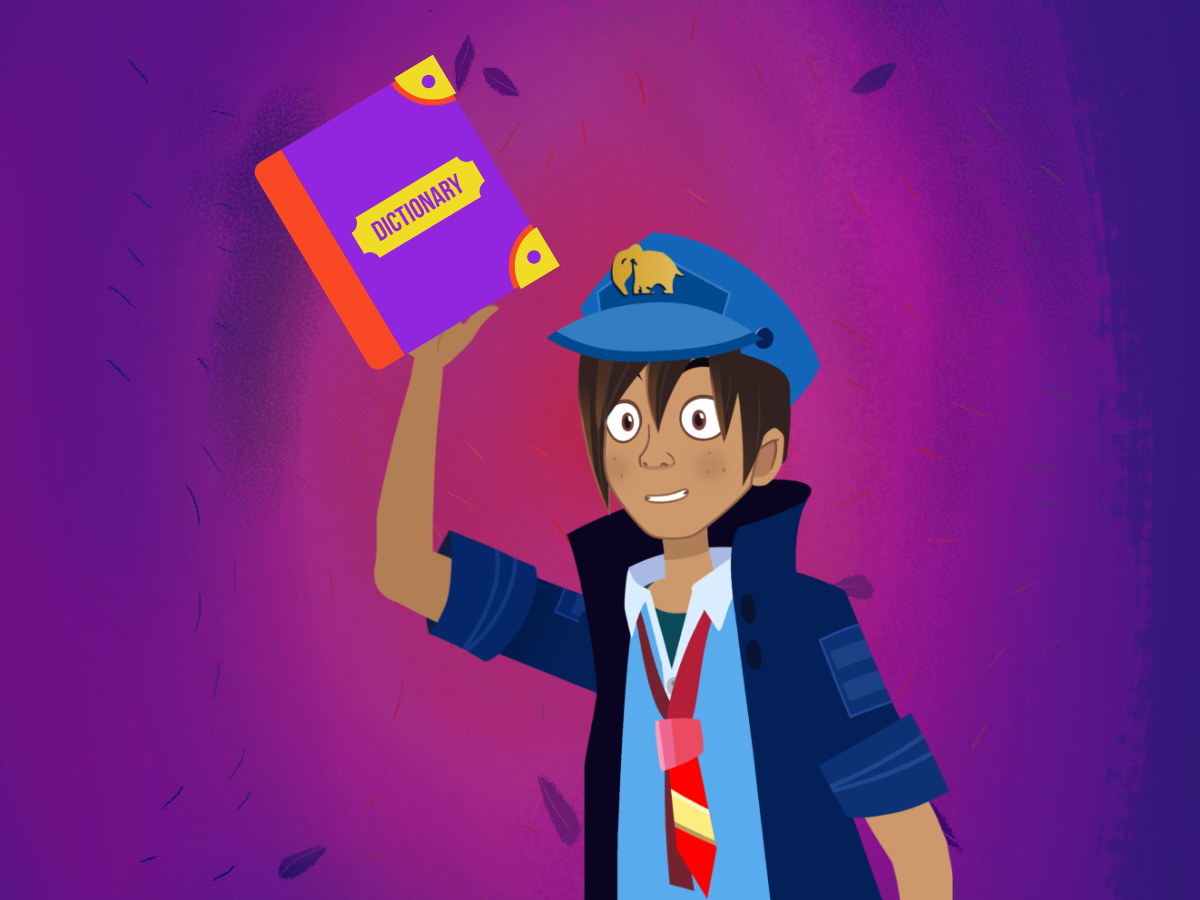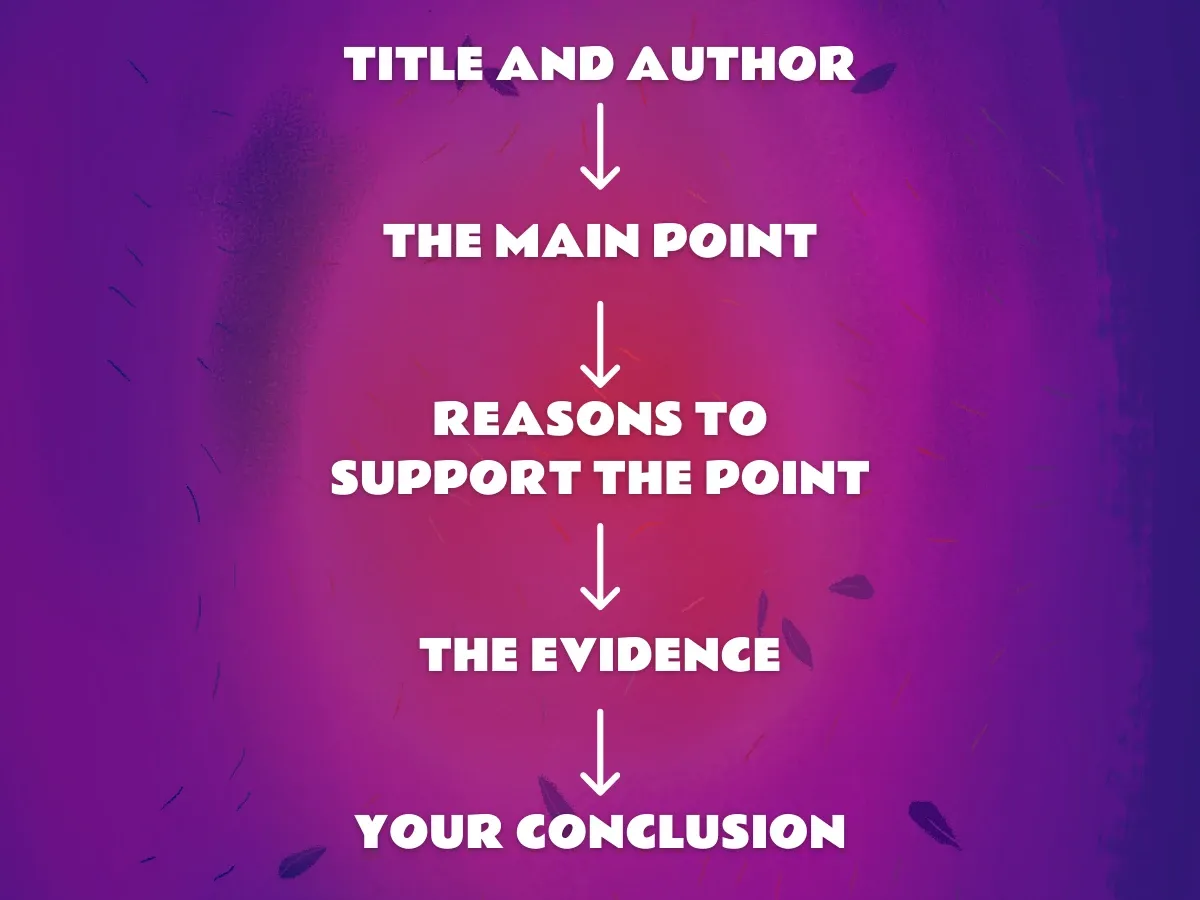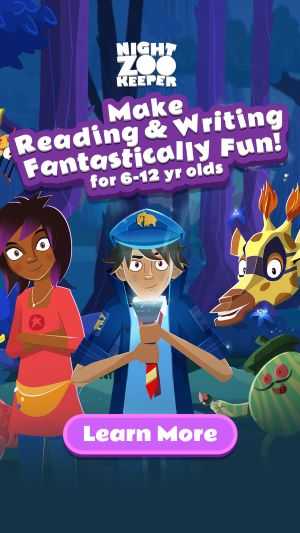Grade 5 Reading
Discover Grade 5 Reading Standards

Home > Language Arts > Reading > Grade 5
At Grade 5 level, your child is expected to refine the knowledge they’ve picked up in earlier grades. They can rely on the reading skills they have built to start practicing higher-level reading and critical thinking.
Students at fifth-grade level are also expected to improve their reading comprehension skills, as they’ll combine the reading and writing process a lot more by this level by answering critical questions on the information gathered through texts.
Follow our Grade 5 reading guide to help your child develop all the reading skills they need at this grade level (practice tips and activities included)!
Word Reading
By Grade 5, your child is expected to apply their combined phonic knowledge to decode unfamiliar words while reading grade-level texts with fluency and understanding. Below are a few typical vocabulary examples of words fifth graders will learn:
- equivalent, accommodate, pedestrian, accurate, population, extinct
- fascinate, boisterous, guardian, hilarious, carnivore, illuminate
As your child starts to read more at this grade level, they’ll inevitably come across unfamiliar words, and that’s how they’re expected to broaden their vocabulary. As they discover new words, they should become familiar with how to correctly use a dictionary/thesaurus.
Practice Tip
Ask your child to pick out three words in their next story or article and replace them with alternatives that they find using an online dictionary/thesaurus.

Reading Literature
Quoting accurately from a text is a key skill to be learned and developed at this grade level. Learners in fifth-grade will be asked to use this technique to back up their theories about the literature they are reading. A typical question they may be asked at this age is:
- Can you use a direct quote to support your answer?
Practice Tip
Ask your child to find specific evidence in a text to support a claim that you make about a core character or setting. You might try questions such as:
- How do you know the weather is cold?
- How do you know that the main character is feeling happy?
Figurative Language
Figurative language is a common core feature of Grade 5 texts. Understanding what an author means through their use of figurative language and how it contributes to meaning is a skill your child should master at this grade level. They’ll specifically focus on metaphors during fifth grade. This is a higher-level skill, as being able to spot and interpret a metaphor can sometimes be tricky and requires a lot of practice.
Practice Activity
Show your child the following common metaphors and ask them to explain the word play involved:
- She is the shining star of our school.
- A blanket of snow covered the streets.
- He got a glowing review for his performance.
- She has the heart of a lion.
Reading Informational Text
Reading informational text and non-fiction books is a key activity in fifth grade and sixth grade. This is done to prepare your child for higher education, with the aim to teach them valuable research and essay writing skills. Young learners in fifth grade are expected to identify facts in non-fiction texts, and then use this information to answer specific questions or use it in articles they’re writing.
Practice Tip
Create a template for your child to use each time they finish reading a piece of non-fiction text. It should include the following:

At fifth-grade level, children are also expected to use information from two or more texts and incorporate this into one article on a given topic. They should also learn to fact check the authenticity of texts by reading a range of books and articles about an event or topic. This is an important skill to develop as they begin to learn about fact checking, and ensuring their information is from an accurate, unbiased source.
Five Fifth-Grade Skills to Master!
- I can cross-reference two or more texts to check if my information is accurate!
- I can quote a character from a story.
- I can decode figurative language and understand the hidden meaning within a story or poem.
- I can summarize the main points in a text I have read.
- I can understand the meaning of a word by reading it in the context of a text.
How Night Zookeeper can help

Night Zookeeper is a language arts program that focuses on helping children develop their reading and writing skills in a fantastically fun way!
Our program provides many ways for your fifth grade child to develop their reading skills, including reading comprehension lessons, vocabulary & word games, reading challenges, and much more! Night Zookeeper also offers an adjustable grade level feature to allow your child to learn at a pace that works for them.
Sign up today to claim a 7-day free trial!
Related articles


Make Reading & Writing Fantastically Fun!
- Award-winning reading & writing program for kids
- Improves spelling, grammar, punctuation & vocabulary
- Over 1,000 different learning games and activities



